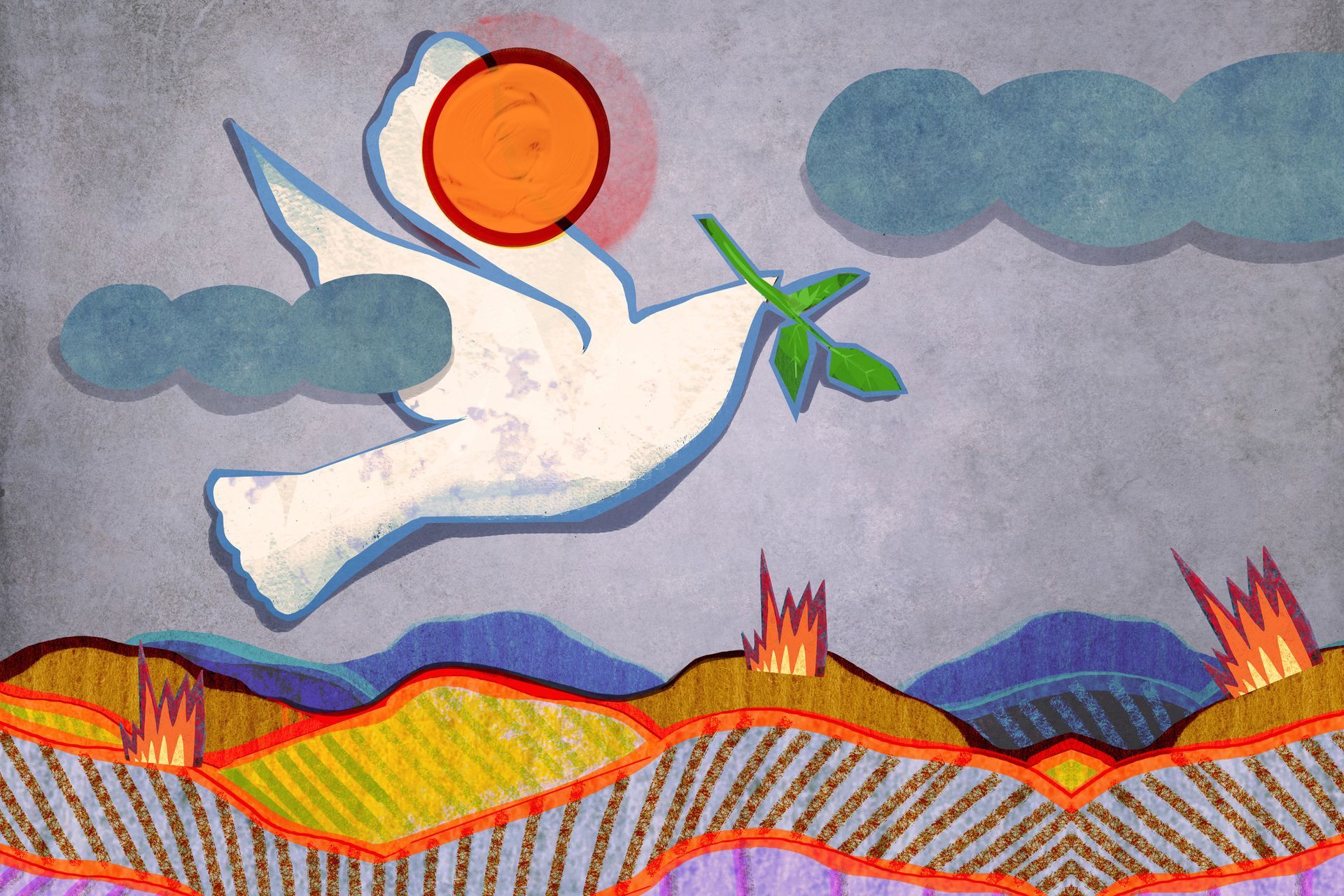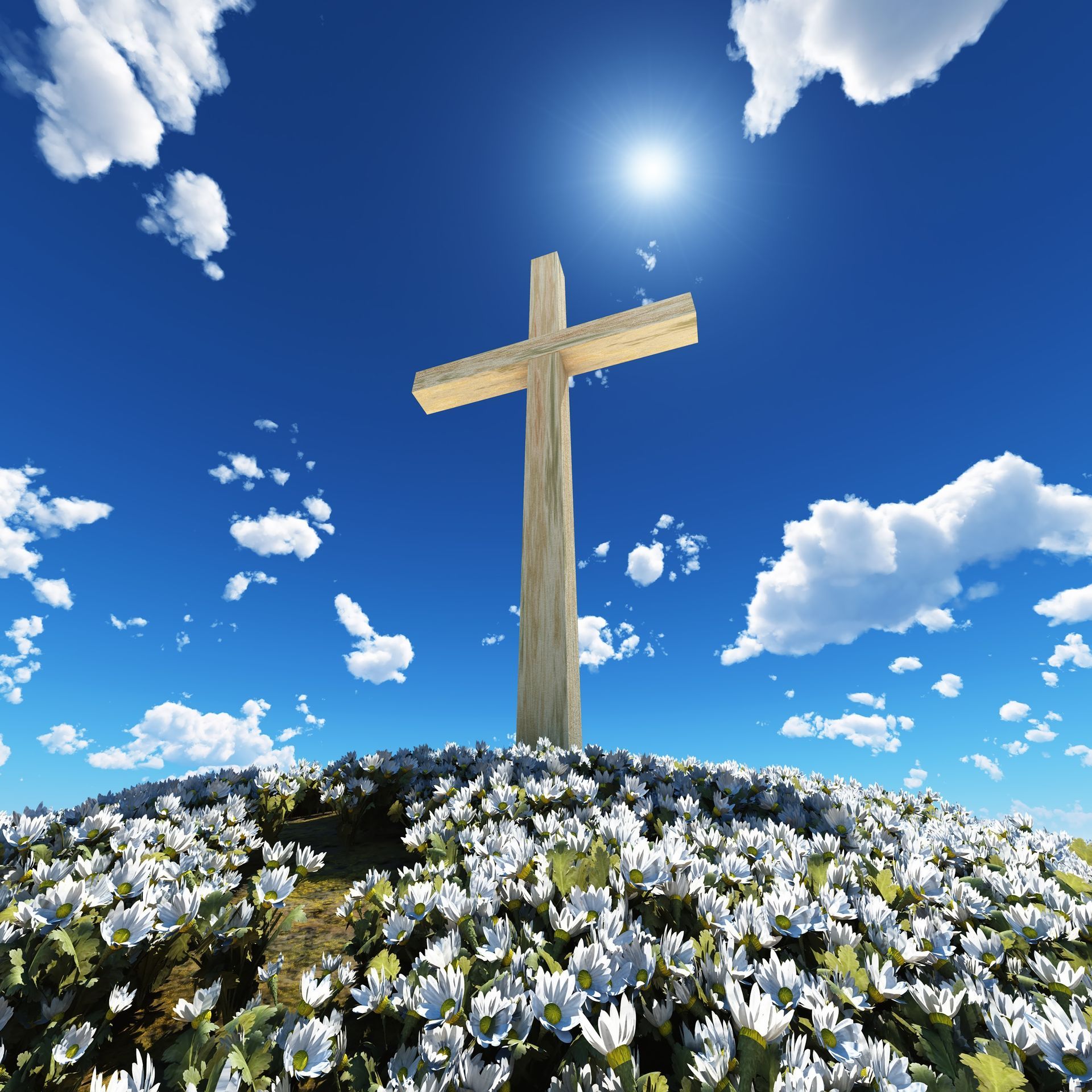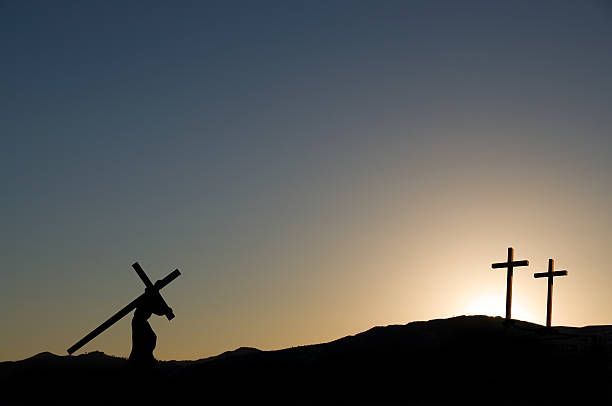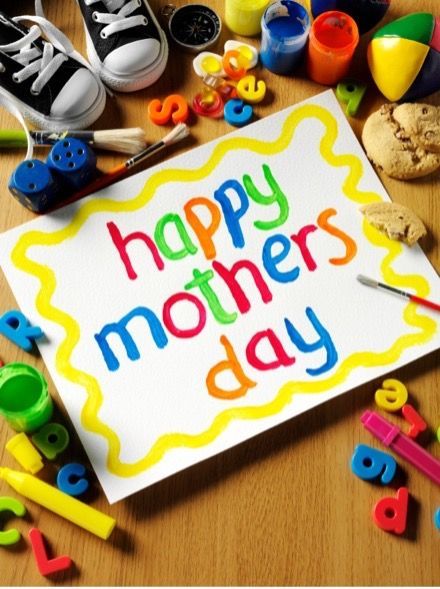Red Rose Day
Yes, Red Rose not Red Nose Day, but why red roses on Valentine’s Day?

There are more red roses sold on Valentine’s Day than on any other day of the year. In the USA alone it amounts to about 190 million roses and all because of the language of flowers. Developed down the years as a means of almost secret communication, it reached its peak in Victorian times when contact between a young man and a young lady was very restricted. The language of flowers says that red roses proclaim ‘I love you’ and so they have become the ultimate symbol of romantic love.
But what is love? It is not easy to define and is a complex emotion for which the English language has only the one word. In fact, there are many kinds of love. Top of the list for most people would be passionate, romantic love, the love of novels and films. There is also the natural love which parents have for children and the ‘brotherly’ love between family members. Some would say there is also an ideal love which binds friends together as soul-mates in a loyalty which is not easily broken, like the friendship of Jonathan and David in the Old Testament.
The red roses on Valentine’s Day are usually a declaration of romantic love but, for a relationship to develop further and to last, the perfect love has to be a combination of all the qualities in all the kinds of love.
No-one describes such love better than St Paul in his first letter to the Christians at Corinth:
‘Love is very patient and kind, never jealous or envious, it is neither anxious to impress nor does it cherish inflated ideas of its own importance. Love does not demand its own way, never insists on its own rights.
Love has good manners and does not pursue selfish advantage; it is not irritable or touchy. Love does not keep a record of wrongs, it does not hold grudges. Love is not happy with evil, but is happy with the truth.
If you love someone, you will be loyal to them no matter what the cost. You will always believe in them, always expect the best of them, and always stand your ground in defending them.
Love knows no limit to its endurance, no end to its trust, no fading of its hope; it can outlast anything. Love lasts for ever’.
(1 Corinthians 13.4-8a)
Red roses fade. Perfect love does not. That is the love which God has for the world He created and of which we are a part. To show us how much He loves us, He sent His Son, Jesus Christ, to live among us and to die for us on the Cross. That is the story of Easter.










